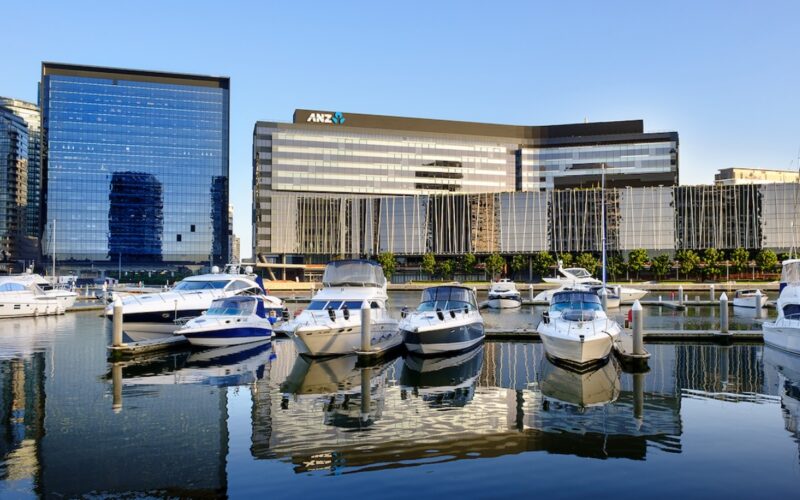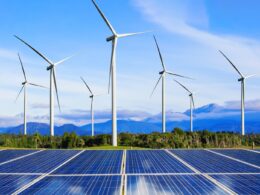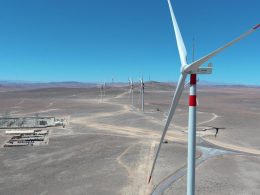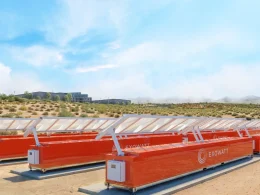Australia and New Zealand Banking Group (ANZ) has successfully closed a US $1.35 billion Green Labeled K-Sure-covered Term Loan Facility for Hyundai Motor Group, marking a major step in funding Hyundai’s first electric vehicle (EV) manufacturing plant in the US. This move supports Hyundai, the world’s third-largest carmaker, in advancing its EV strategy, with the Georgia Metaplant complex expected to produce 300,000 EV units annually.
The Green Export Credit Agency (ECA) loan complies with the LMA Green Loan Principles, further solidifying ANZ’s role as a strategic financial partner for Hyundai Motor Group. ANZ served as the ECA and Green Loan Coordinator, Mandated Lead Arranger, and Bookrunner for this and Hyundai’s previous three transactions.
Aaron Ross, ANZ’s Global Head of Project, Export & Asset Finance said, “These deals underscore ANZ’s market-leading position in the Korean ECA sector, delivering low risk, capital-efficient and high-returning facilities that meet our customer needs. We have executed four major EV sector transactions backed by Korean ECAs in the past five years.”
Ross added, “We’re proud to play a role in supporting Hyundai Motor Group’s capital expenditure initiatives as it strives to become a global leader in electric vehicle manufacturing. Leveraging our expertise across Korea, Japan, Singapore, Indonesia and the US, we have been able to consistently deliver smart solutions by integrating sustainable finance to meet Hyundai Motor Group’s strategic and evolving needs.”
Previous collaborations between ANZ and Hyundai Motor Group include a US $940 million K-Sure-backed loan for Hyundai Mobis’ EV parts plant in Georgia, a US $711 million ECA financing for Southeast Asia’s largest EV battery facility in Indonesia, and a SG $230 million green loan for Hyundai’s Innovation Center in Singapore.
ANZ has committed to funding and facilitating at least AUD 100 billion by FY2030, including AUD 15 billion by FY2024, focusing on projects that reduce carbon emissions, protect nature, promote affordable housing, and enhance financial wellbeing.





















